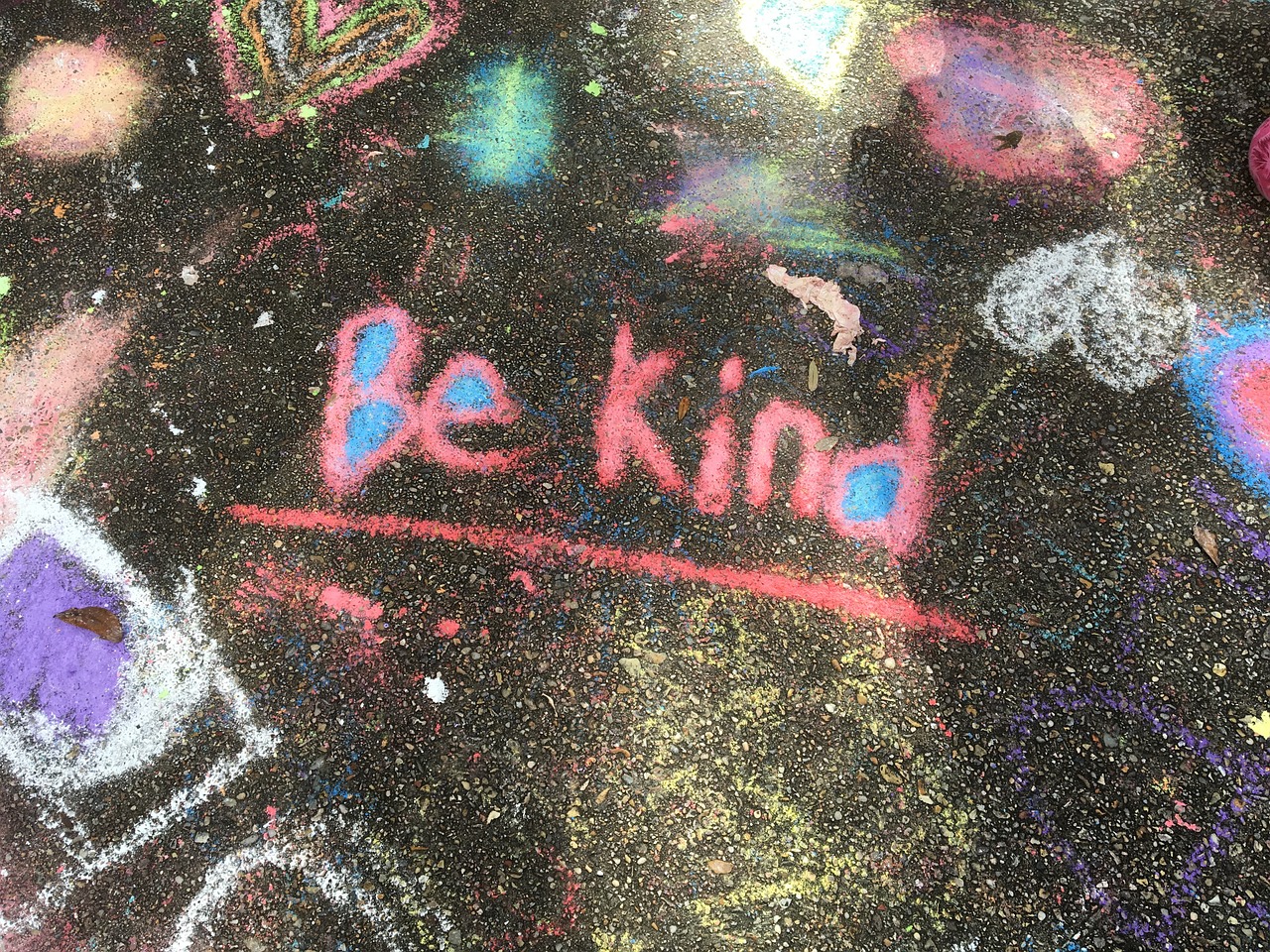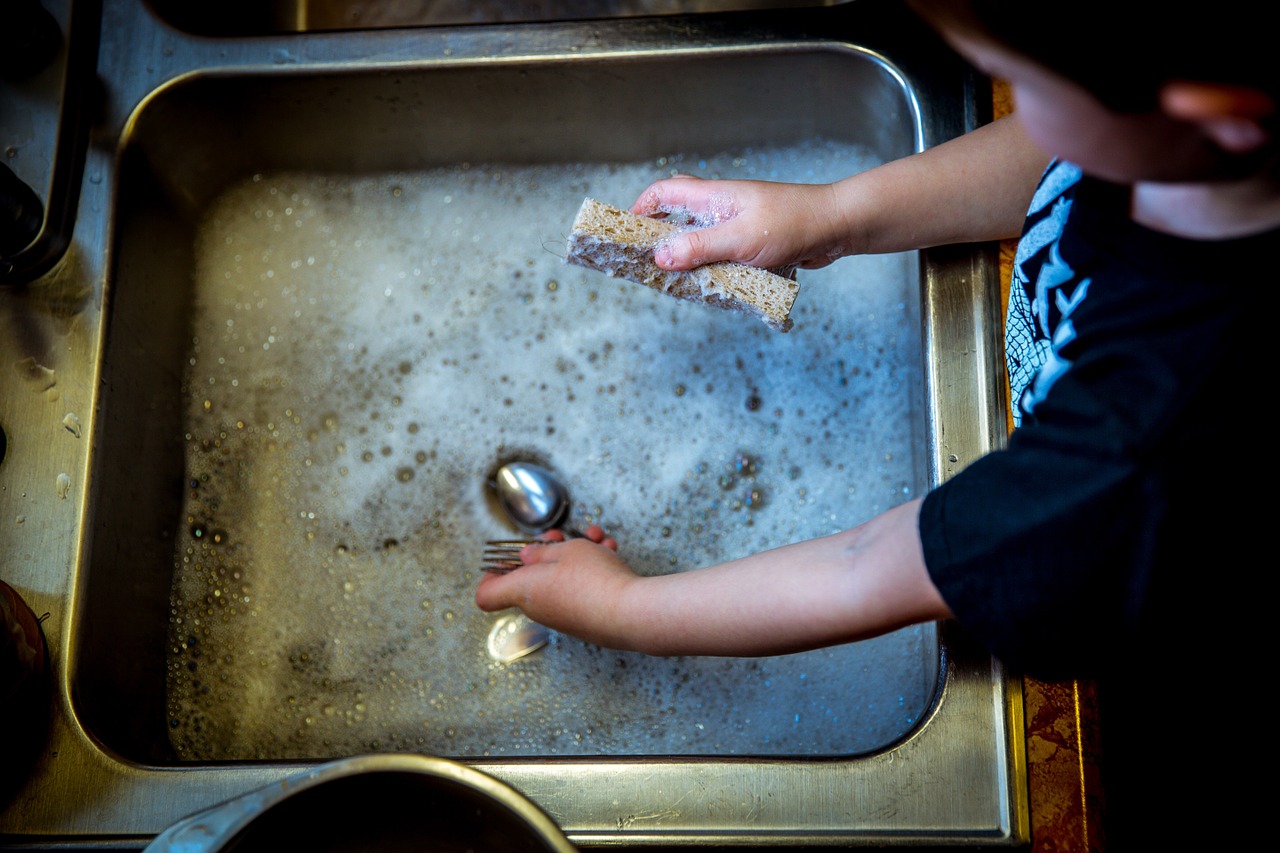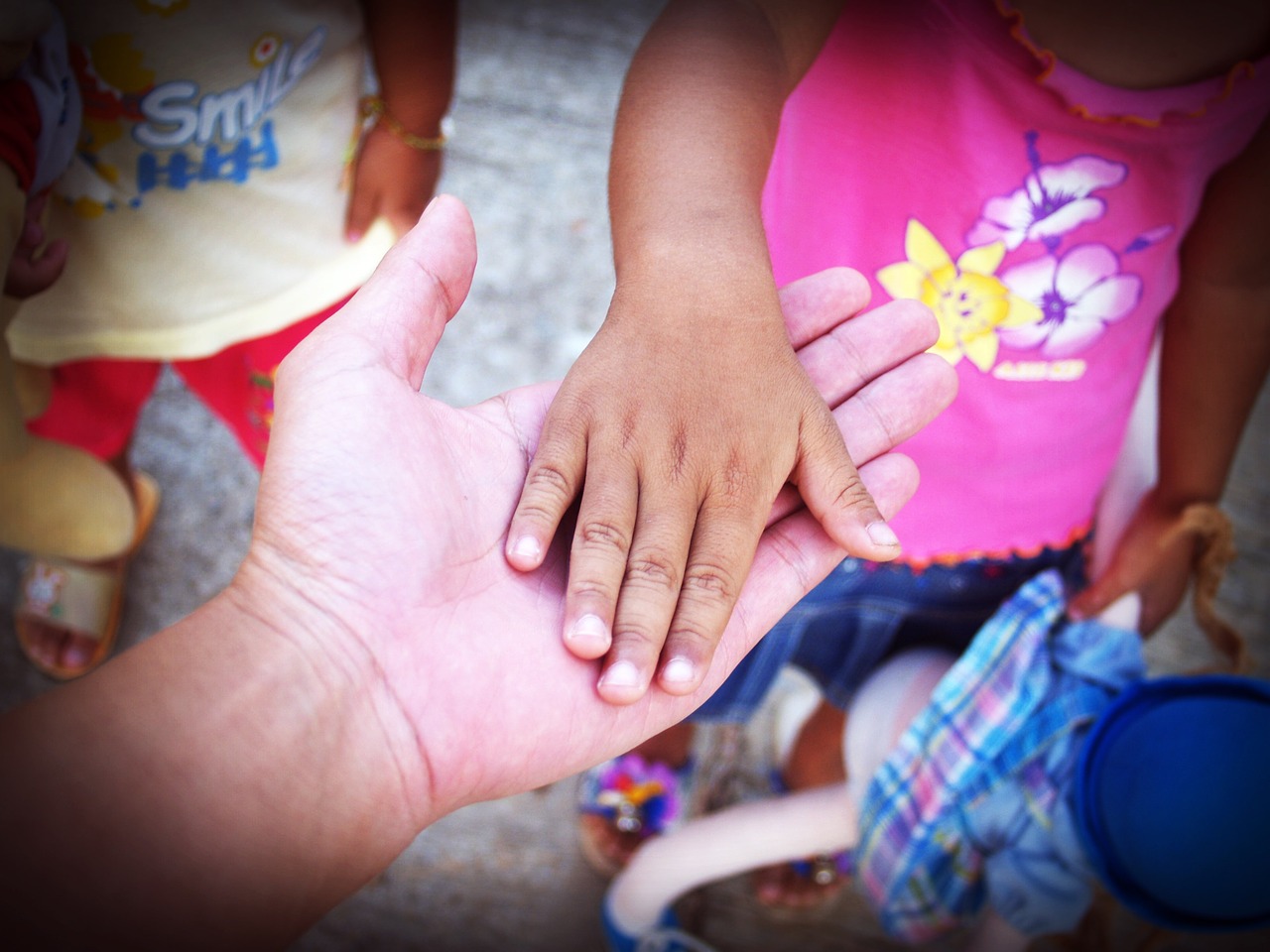What do you think of when you hear the word volunteering? Going abroad to build a school in a deprived area? Helping out in a charity shop? These are important volunteering roles, but there are so many volunteering options out there, in numerous different fields, that take up different amounts of time. In the UK, it’s National Volunteering Week which aims to promote the diversity of volunteering. To coincide with this celebration of volunteering, this week’s blog post focuses on the multiple different ways we can help each other and improve our wellbeing, by launching the Good Deed Directory.

As we’ve learnt in previous blog posts, volunteering our time and being kind to others can aid our wellbeing in multiple ways. For example, we:
- Feel happier
- Experience higher self-esteem
- Reduced symptoms of depression
- Have improved morale
- Feel like a good person
As this blog is called 15 minute wellbeing, you may be thinking that there’s only so much you can do in a short space of time. There’s actually loads of things you can do to help others and improve your wellbeing in the process.
These are all listed in the Good Deed Directory below, categorised by the time it takes to do them – a few seconds; one to five minutes; and 15 minutes. No matter how much time you have, you can help someone else and boost your wellbeing in the process.

Small acts of kindness can make a big difference to people’s lives (as well as our own). I hope this directory inspires and encourages you to do a good deed for someone else.
Good Deeds that take only seconds to do
- Hold the door open for the person behind you, even if it means waiting a few seconds for them
- Let someone go in front of you in a queue
- Give way to another driver when the road is too narrow for two cars to pass
- If there’s time left on your car parking ticket, offer it to someone entering the car park instead of throwing it away
- Re-tweet, comment on, or share a friend’s post to help them grow their social media following. Even a simple ‘like’ can make a difference
- If you’re not scared of creepy crawlies, safely and humanely remove a spider or bee (or other insect) off someone else
- Offer someone your seat on the bus or train, whether they are pregnant, disabled, elderly or just look tired
- Smile at everyone you pass

- Once you’ve read a book, donate it to your local book sharing scheme. A list of train and tube stations where this operates can be found here. You can then enjoy a book that someone else has donated. You could even follow in the footsteps of actress Emma Watson and place books with handwritten notes in your local area
- Give someone a compliment
- Share an inspirational quote. If you found it inspiring, chances are someone else will too
- Sign for a neighbour’s parcel when they are out
- Tell someone if they have something in their teeth or on their face
- If a loved one is out, record or download their favourite programme for them
Good Deeds you can do in one to five minutes
- Help someone with a buggy on the stairs or getting on/off public transport
- If a friend or colleague is going on holiday to a place you’ve been, give them some tips on things to do, see or places to eat
- If someone is struggling with their shopping, help them carry it to their car
- Do the washing up – or stack the dishwasher – after dinner

- If a friend is looking for a job and you’ve got connections to a suitable company, why not recommend them?
- Write a review of a good service you’ve received. New and small businesses will really appreciate any positive feedback you can provide
- Help someone cross the road or off public transport
- Show your appreciation for someone else by thanking them and explaining why you appreciate them
- Ask a loved one about their day. Sharing experiences can help us connect and you may even learn something new, which can also help us feel good about ourselves
- Help someone reach their destination in the quickest possible way by putting their route into a journey planner
- Make a cup of tea or coffee for someone else
- Praise a colleague. If someone has done a good job, let them (and others at work) know about it!
- Sign a petition to help change something you care about. Visit change.org to find a petition or start your own
Good Deeds that can be done in 15 minutes (or longer if you wish)
- Call someone you haven’t spoken to for a while. If you have an elderly relative why not pick up the phone to them?

- Pick up litter in your local area. Improving our local environment can help increase our wellbeing. Although I’m not suggesting we all run 300km along the river Thames, take a look at this ‘plogging’ group (picking up rubbish while jogging) who collected 44 bags of landfill waste
- Help a friend with a problem. This could be a sibling struggling with their homework
- Make a small gift. This could be a little drawing or a tasty little snack. Knowing that you put your thought and time into it will mean a lot to the recipient

- Help tidy a room in a friend’s house or tidy part of your workplace. Tidy your bedroom so your parents don’t nag you! After all, decluttering a room can also result in a decluttered mind
- Offer to check something over for someone. This could be a speech they’ve written for a wedding or an email they are not confident sending.
- If you’re handy, why not fix something? Perhaps change a light bulb or frame a picture.
- Organise part of a trip. If you’re going away somewhere soon, why not find a great restaurant to eat at or an activity you and your travel companion(s) can do?
- If you’re great at doing hair, nails or make up, why not offer to do one of these for a friend before a night out?
- Donate any unwanted clothes, jewellery or homeware to charity so others can benefit from it. As Marie Kondo says, pass the joy onto someone else
- If you are able to, donate blood. Find your local blood donation session here
- Attend a local charity fete or fundraising event. Often, showing your support by just being there is enough
- Go to the shops or complete a chore for someone who is unwell
If you have any ideas about other activities we can do by giving 15 minutes of our time, please get in touch so they can be shared with everyone. It would be great to keep building the Good Deed Directory so any contributions would be greatly appreciated. Also, if you’ve benefitted from a good deed recently (either giving or receiving), please do share your story so others can be inspired to do the same.
I share wellbeing-related research, news and stories on twitter and Instagram in between weekly blog posts so do follow @15minwellbeing on both platforms to keep up to date.





